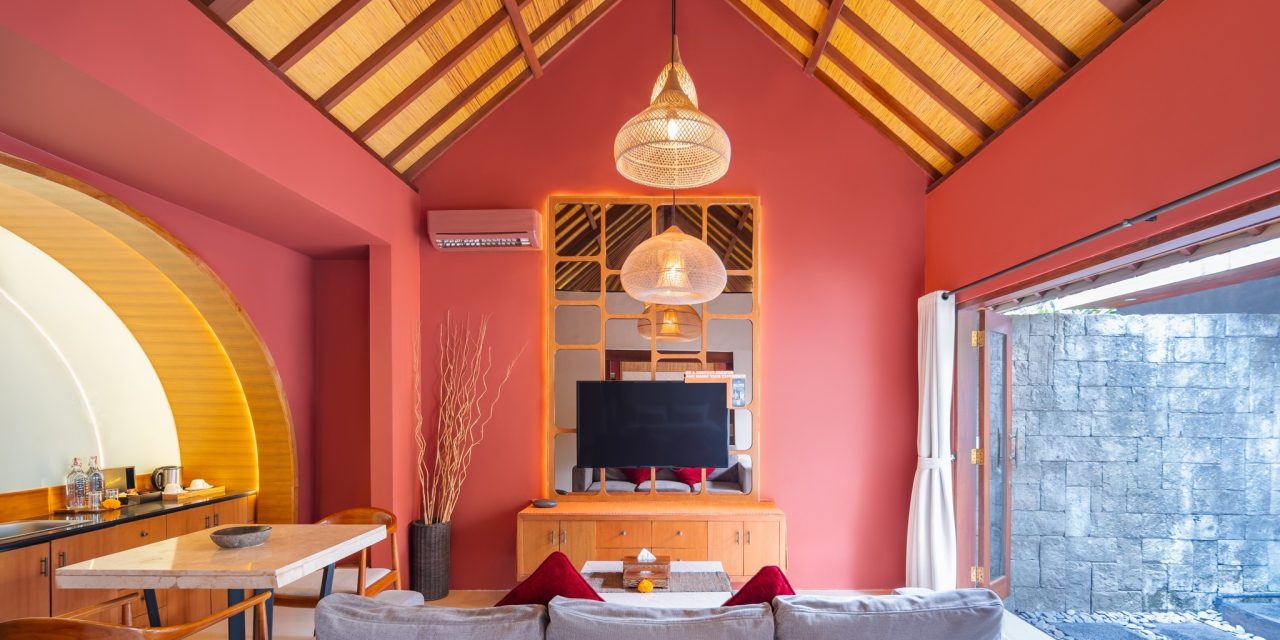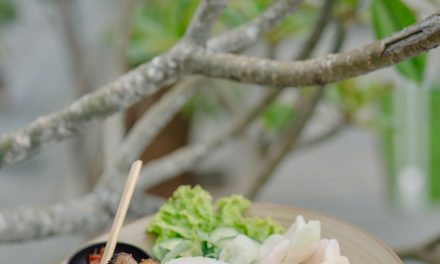When I first landed in Bali, my senses were overwhelmed by the sights and sounds of this beautiful island. The aroma of spices wafted through the air, mingling with the scent of tropical flowers, beckoning me to explore the culinary heritage of the Balinese people. If you’re anything like me—a lover of food and culture—then taking a traditional Balinese cooking class near Seminyak might just be the highlight of your trip.
Why Choose Balinese Cooking Classes?
Picture this: you’re tucked away in a sunny kitchen, surrounded by fresh herbs and vibrant vegetables, while a local chef passionately explains the origins of each ingredient. Cooking is not just about food in Bali; it’s a deep-rooted cultural experience. Balinese cuisine is a reflection of the island’s rich culture, infused with flavors that tell stories of families and generations.
A Personal Journey into Flavor
I remember my first class vividly. It was a balmy afternoon when I signed up for a cooking class just a stone’s throw from the bustling streets of Seminyak. As I walked in, the elegant outdoor kitchen greeted me with a panoramic view of lush rice fields, and the mesmerizing sound of nature was the perfect soundtrack for my culinary adventure.
The chef, a vibrant woman named Nyoman, welcomed me with a warm smile and a cool drink made from fresh coconuts. As we sat around a table piled high with colorful produce, she told us how each ingredient had its own significance in Balinese culture. For instance, the small but mighty bird’s eye chili, which packs quite a punch, represents courage in Balinese traditions.
The Hands-On Experience
One of the most enriching aspects of these cooking classes is the hands-on experience. Nyoman guided us through the preparation of iconic dishes like Nasi Goreng and Babi Guling, while teaching us the importance of balance in flavors. There was something incredibly gratifying about crushing spices in a mortar and pestle, feeling the texture change under my hands, as it transformed into a fragrant paste.
We spent hours chopping, sautéing, and tasting, and along the way, I learned that cooking in Bali is often a communal activity. During our breaks, we shared stories about our backgrounds and culinary experiences, bonding over the shared joy of creating something delicious.
Unique Insights into Balinese Cuisine
Did you know that Balinese cooking relies heavily on a concept called bumbu? It refers to the spice mix that is the backbone of many dishes, often resulting from a secret family recipe passed down through generations. In my class, I discovered that the bumbu for Satay Lilit consists of a delightful combination of minced meat, grated coconut, and an array of spices, all grilled to perfection. Nyoman even shared her family’s secret addition that made the dish stand out—a touch of lemongrass!
Relatable Scenarios and Practical Advice
If you’re considering taking a cooking class, here are some tips to ensure you have the best experience:
1. Book in Advance: Seminyak is a hot spot for tourists, and classes can fill up quickly. Reserve your spot online before your trip.
2. Choose an Authentic Class: Look for classes that focus on traditional cooking methods and local ingredients. You can ask your hotel or check reputable travel sites for recommendations.
3. Dress Comfortably: Cooking can get messy! Wear something casual and light, especially in the tropical heat. Aprons are usually provided, but it’s better to be safe than sorry.
4. Engage Fully: Don’t hesitate to ask questions or share your cooking experiences. The chefs love to share their knowledge, and it makes the class all the more enjoyable.
5. Don’t Skip the Market Tour: Many classes start with a visit to the local market. This is where you can discover exotic ingredients and learn how to select the best produce, not to mention it’s a vibrant experience on its own!
The Taste of Your Efforts
After what felt like a culinary marathon, the best part arrived: the feast. We gathered around a large table brimming with our creations, and with every bite, I savored not just the flavors but also the laughter and camaraderie we had built together as a class.
Sitting there, surrounded by fellow travelers and a sense of accomplishment, I realized that cooking was a beautiful way to connect with the heart of Balinese culture. It’s not just about the food; it’s about the stories, the friendships, and the shared experiences that linger long after the last bite.
In Conclusion: A Culinary Adventure Awaits
If you find yourself near Seminyak, stepping into a traditional Balinese cooking class will allow you to immerse yourself in the island’s rich tapestry of flavors and traditions. It’s an opportunity not only to learn how to cook authentic dishes but also to take home meals that carry the spirit of Bali in every bite.So, pack your bags, don your apron, and dive into this culinary adventure! You’ll return home not just with delicious recipes but with stories that will tantalize your friends and family, bringing a little slice of Bali to your kitchen. Happy cooking!






